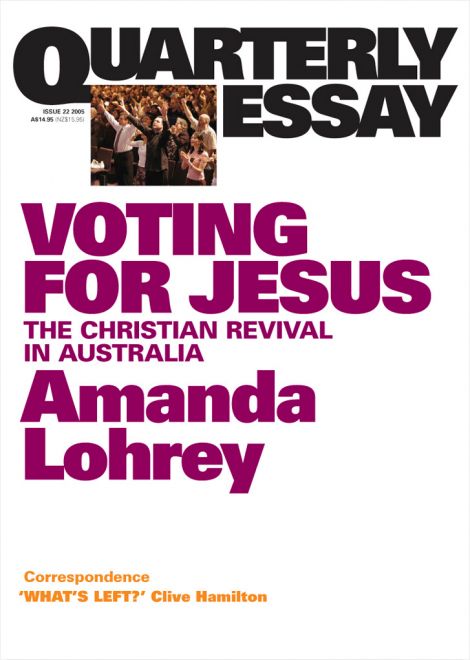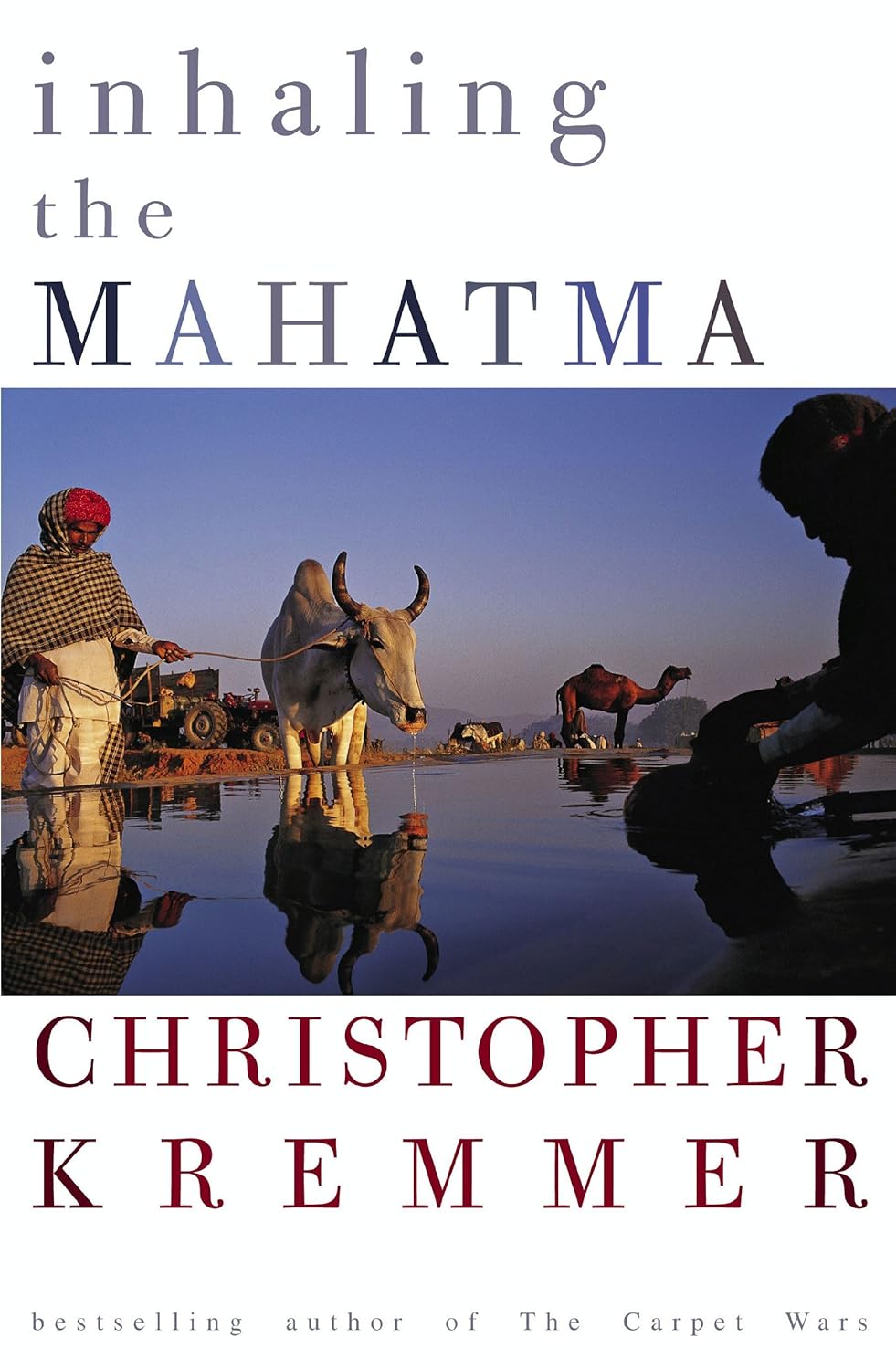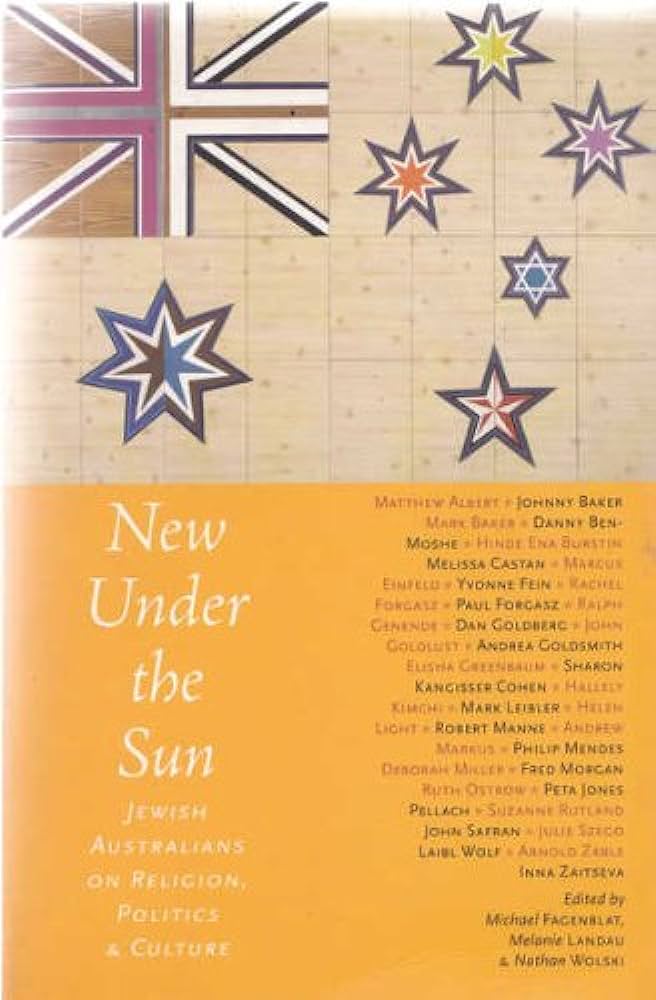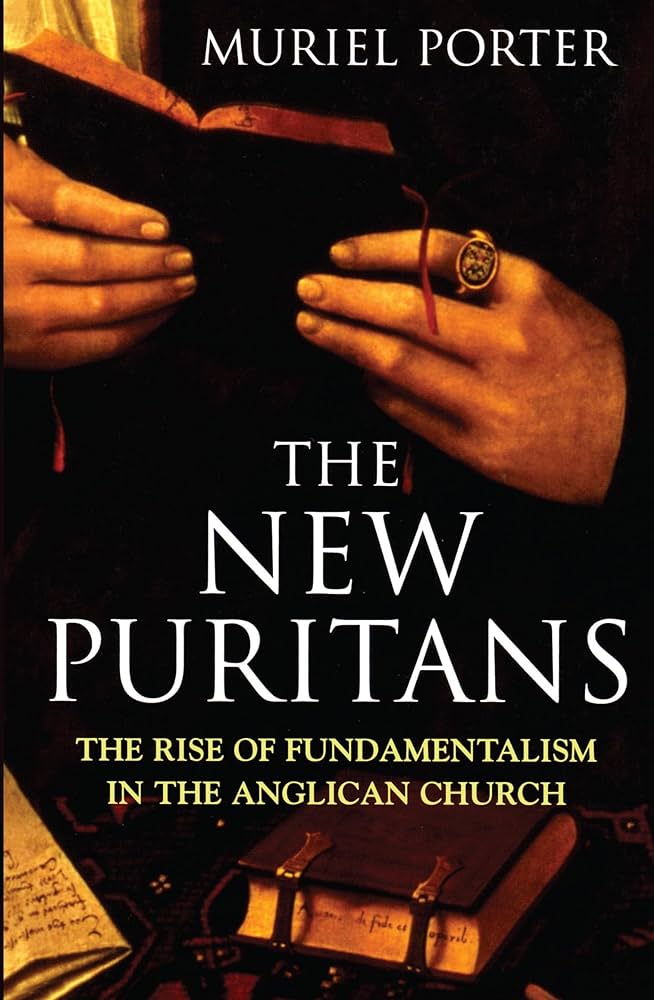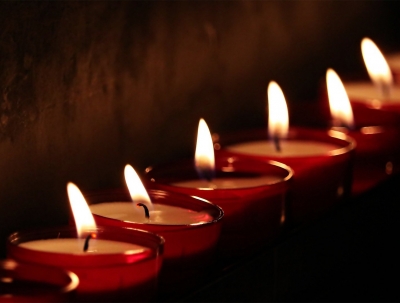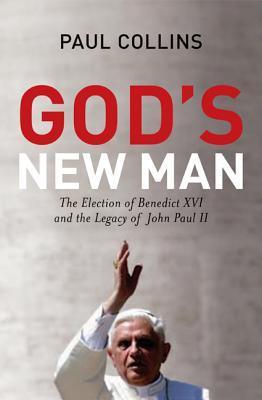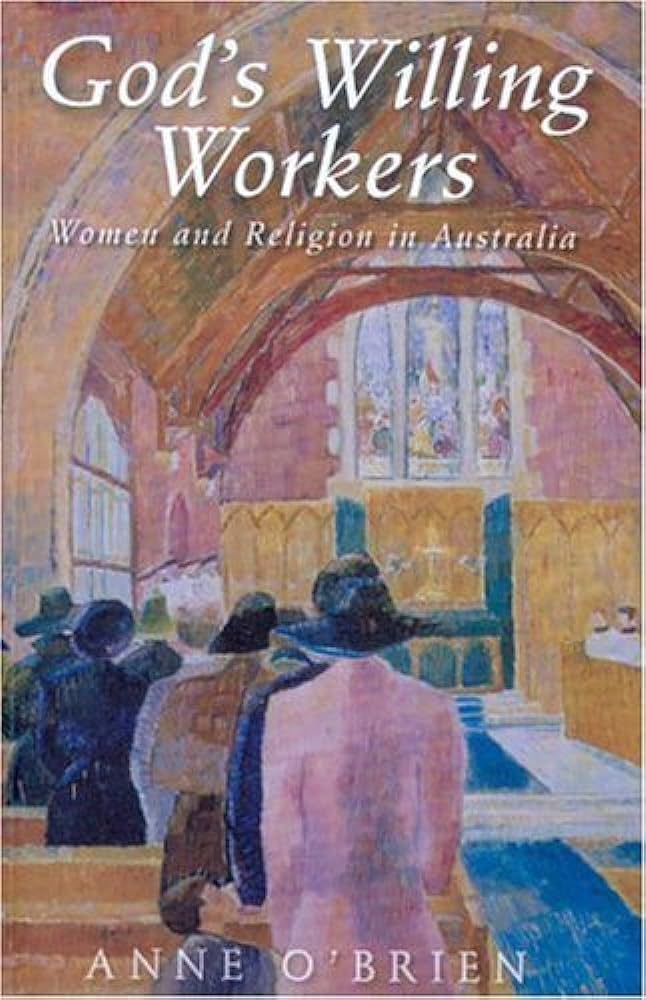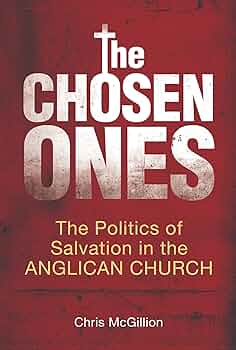Religion
The Feasts and Seasons of John F. Kelly by Robert Pascoe
Within church circles, Melbourne’s Catholic Education Office is known as the CEO, making it sound like the boss of a company. The comparison is apt. The Melbourne CEO is nothing if not big. Indirectly, it looks after more schools and more students than a number of state education departments. So it is little wonder that the CEO has long been a turf on which ideological battles have been fought. If you cup an ear to the walls of the CEO, you won’t hear much: culture wars are fought quietly there. But bear in mind that this is an organisation that brings together two of the most contested elements in any culture war: the meaning of life and the minds of the young. Listen harder, and you will hear pulses racing.
... (read more)Quarterly Essay 22: Voting for Jesus: Christianity and politics in Australia by Amanda Lohrey
In the week that Voting for Jesus landed in my letterbox, the Howard government announced that it was considering dollar-for-dollar support for state school chaplaincies, while, in New South Wales, fresh allegations surfaced of branch stacking by the state Liberals’ ‘religious right’ faction. Those perplexed by such developments in secular Australia will find novelist Amanda Lohrey a helpful, warm-hearted guide. Her colourful, impressionistic and approachable account of Australia’s religious right welcomes readers into a debate that some might previously have been inclined to dismiss as too confusing, or as marginal to secular concerns. Chats with academics, theologians and commentators offer a variety of angles. Far from adopting a didactic tone, the text beguiles with numerous questions that sound rhetorical but often remain unanswered.
... (read more)Foreign travellers in India face four inevitable questions. ‘What is your good name?’ is usually followed in rapid succession by ‘Where are you coming from?’(meaning from which country), ‘Are you married?’ and, finally, ‘What is your religion?’. Backpacking through India twenty years ago, the first three questions presented few problems. My name was easy, Australia was recognised as a cricket-playing country, and I was young enough for my lack of a wife to be passed over as a matter of only mild embarrassment. The fourth question however, proved tricky. Usually, I gave the technically correct answer that I had been baptised into the Anglican Church – a reply that generally satisfied my interlocutors and not infrequently led into rambling, good-natured discussions about the similarities between the world’s great faiths. Once, I ventured a more honest response. ‘I am an atheist,’ I told a couple of friendly young Indian men on a long train journey. ‘I do not believe in any God.’ Their shock was palpable. It was not so much my spiritual deficit that appalled them as my arrogance. How could anyone have the audacity to declare that God did not exist? Our conversation never recovered. In response to all future interrogations, I retreated to my dissembling line about Christianity. The experience did not shake my disbelief, but it did serve to engender a greater respect for the question. Religion, I belatedly realised, is an important matter.
... (read more)New Under the Sun: Jewish Australians on religion, politics and culture edited by Michael Fagenblat, Melanie Landau and Nathan Wolski
This significant anthology consists of thirty-three articles by Jewish Australian scholars, lawyers, writers, educators, rabbis, journalists and other high achievers, prefaced by a thoughtful and wide-ranging introduction by the editors. Many of the contributors are distinguished in their fields and prominent in public life. The editors have cast the volume from a ‘perspective of commitment and belonging’, with the conviction that ‘challenge and critique when offered by committed members rather than hostile outsiders is often the most useful form of reckoning with ourselves’. The disjunction is troubling (I think I may be a hostile insider), but its effect does not diminish the interest of the collection. The book’s focus is narrower than its subtitle suggests: these are not just passing reflections by some Jewish Australians: each contribution is centrally about some aspect of the religion, politics and culture of Jewish Australians. As such, it provides a useful and authoritative synopsis of the progress, state and thoughts of many Australian Jews today. No single essay sparkles brilliantly, and a few are alarmingly deficient in serious thought; nevertheless, this is a big, rich, diverse collection deserving of wide public attention.
... (read more)The New Puritans: The rise of fundamentalism in the Sydney Anglican Church by Muriel Porter
A couple of years ago I attended the patronal festival at St James’, King Street, Sydney. The preacher was the Dean of Newcastle, who, after the blessing, opened with ‘Greetings from across the Chasuble Belt!’ The large congregation erupted into laughter, then settled in for twelve minutes of civil gospel. This is because Sydney Diocese, alone in the Anglican Communion, requires its clergy to sign an understanding that they will not wear Eucharistic vestments, including the chasuble. The ban is but one outward and visible control mechanism of an inward and enclosed evangelical attitude that typifies the power play within the diocese.
... (read more)Shortly before the federal elections of October 2004, Treasurer Peter Costello delivered an address entitled ‘The Moral Decay of Australia’ to 16,000 members of the Assemblies of God at the Sydney Hillsong Church. For his main theme, Costello invoked ‘the Judeo-Christian-Western tradition’, the core of which, according to him, was the Ten Commandments. He lamented that few people could recite the Commandments today, despite the fact that ‘they are the foundation of our law and our society’. He listed the legacy of that tradition as the rule of law, respect for life, respect for others and private property rights. ‘Tolerance under the law,’ he added, is also, ‘a great part of this tradition.’
... (read more)God’s New Man: The election of Benedict XVI and the legacy of John Paul II by Paul Collins
The late pope John Paul II was the greatest celebrity of modern times. Although he was the sovereign of the world’s smallest state, his influence seemed greater than that of any secular ruler. Did he not bring down communism in Poland by sheer spiritual power? Did he not provide a new moral leadership for mankind, speaking simple truths to millions seeking guidance in a confusing world?
... (read more)God’s Willing Workers: Women and religion in Australia by Anne O'Brien
For Germaine Greer, the nuns at the Star of the Sea Convent in Melbourne provided ‘a terrific education’. ‘They really loved us,’ said Greer. Not so Amanda Lohrey. Her experience of a working-class convent school in Tasmania so scarred her that still today, visiting a church in Europe, she feels a ‘physical revulsion’ for ‘the naked martyrs, staked out, flayed alive, crumpled, bleeding’. For former Catholic schoolgirls, a reunion is a chance to laugh together over some of the more outrageous things taught to them by nuns. But Lohrey can look back only with bitterness, in particular on the nuns’ ‘intense but evasive’ preoccupation with sex. ‘Boys are after only one thing, girls. They’ll suck you dry like an orange,’ she was told. She cannot laugh.
... (read more)The Chosen Ones: The politics of salvation in the Anglican Church by Chris McGillion
To the outsider, the Anglican Church may well seem one of the more liberal of the Christian denominations. While the Roman Catholic Church refuses even to debate the issues, Anglicans have gone ahead and ordained both women and homosexuals to the priesthood. In Canada, one Anglican diocese has gone so far as to bless same-sex marriages. Theologically, the best-selling books of retired US bishop John Shelby Spong represent progressive Anglicanism at its extreme. Not only does Spong argue that the world view of the Bible is incompatible with contemporary scientific knowledge, but he also suggests that St Paul was gay and that Christians need not believe in god.
... (read more)Between The Rock and a Hard Place: Being Catholic today by Paul Collins
There is a moment in this book where Paul Collins finds himself on a public bus somewhere between Queanbeyan and Canberra. The phone rings. The caller is Morris West, the author, who, in the years before his death in 1999, became a kind of cardinal in the hierarchy of dispossessed Catholics. West had heard that Collins was in a spot of bother over his views on the papacy and had rung to lend sympathy and support.
... (read more)

